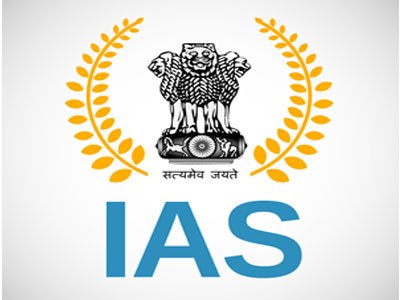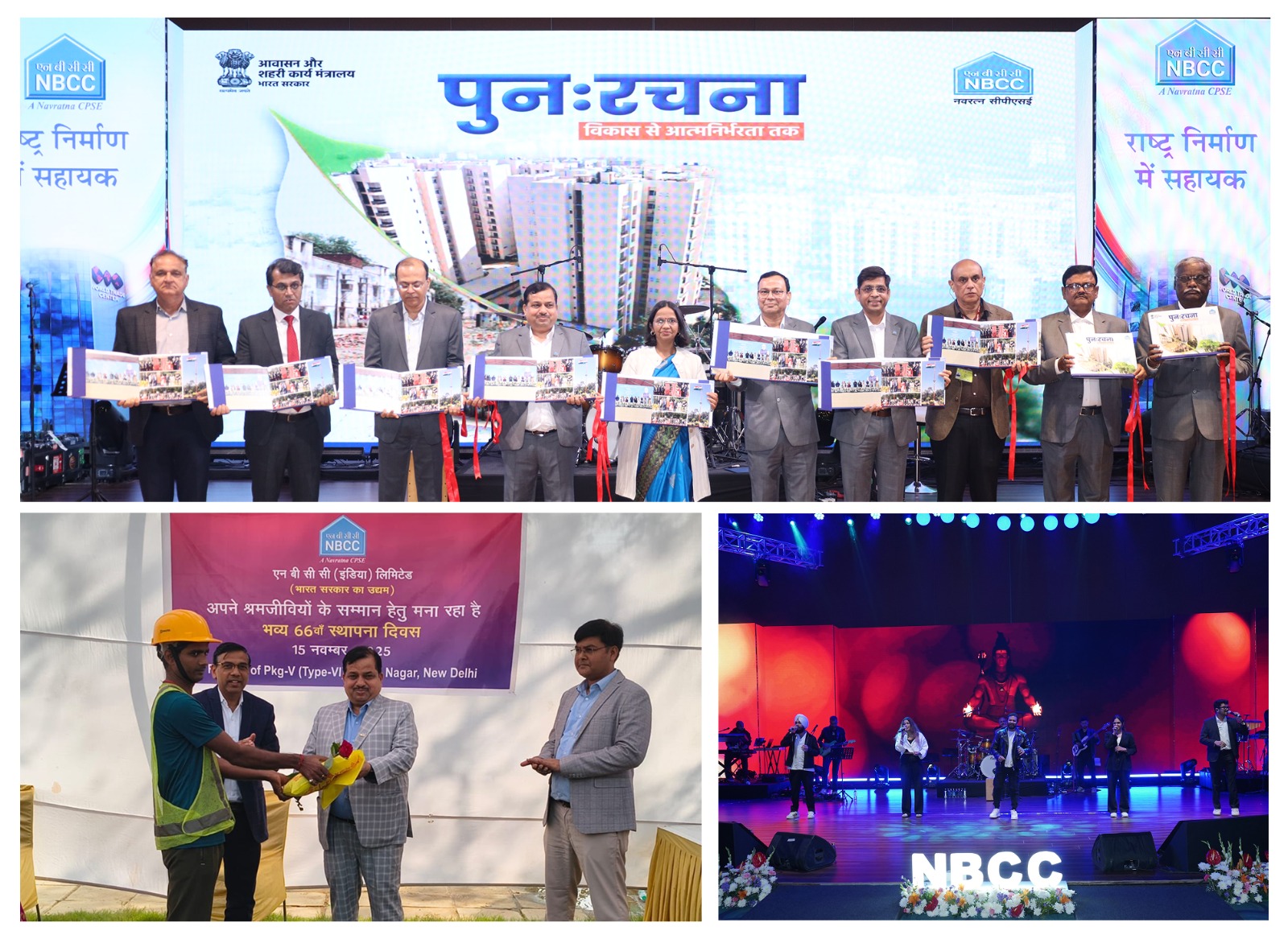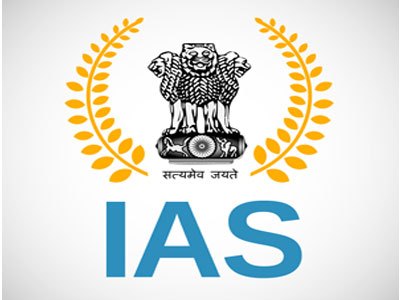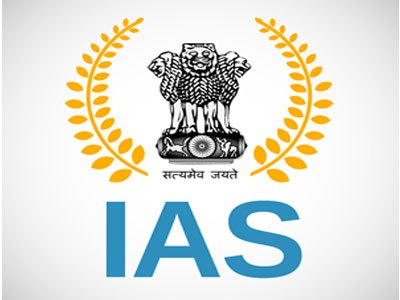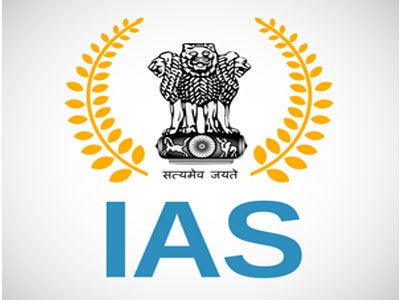Dr. Jitendra Singh, Union Minister of State (Independent Charge) for Science & Technology, has lauded Hyderabad based CSIR institutes’ pivotal role in drug discovery, genetic diagnostics and developing cost-effective Active Pharmaceutical Ingredients (AIP). The meeting was convened by the Minister to review the recent work outcomes of Hyderabad based CSIR labs, particularly after the personal impetus and patronage provided by Prime Minister Narendra Modi over the last one decade.
Directors of three premier CSIR laboratories based in Hyderabad: CSIR-Indian Institute of Chemical Technology (CSIR-IICT), CSIR-National Geophysical Research Institute (CSIR-NGRI), and CSIR-Centre for Cellular and Molecular Biology (CSIR-CCMB) attended the meeting. The meeting served as a platform for the Directors to present recent achievements and strategic scientific contributions of their respective institutes.
The Minister was briefed by Dr. D. Srinivasa Reddy (Director, CSIR-IICT), Dr. Prakash Kumar (Director, CSIR-NGRI) and Dr. Vinay Nandicoori (Director, CSIR-CCMB). D. Srinivasa Reddy, Director of CSIR-IICT, briefed the Minister on the institute’s pioneering contributions in advancing India’s chemical and pharmaceutical sectors.
The institute has also developed safer and more effective agrochemicals, and its work in catalysis has led to novel catalysts for hydrogenation, oxidation, and polymerization processes used widely in industrial applications.
Dr. Reddy highlighted CSIR-IICTs key achievements including the development of compostable plastics in association with GreenWorksBio. He also highlighted the development of Hydrazine Hydrate in collaboration with Gujarat Alkalies and Chemicals Limited (GACL). In the domain of sustainable technologies, the institute’s Anaerobic Gas Lift Reactor (AGR) technology enables efficient conversion of biodegradable waste into biogas and bio-manure.
Dr. Vinay Nandicoori, Director of CSIR-CCMB, elaborated on the institute’s accomplishments in molecular biology, genetic diagnostics, and biotechnological innovation. He highlighted that CCMB was the first Indian institution to develop DNA fingerprinting technology, which has had a lasting impact on forensic investigations and legal proceedings in the country. During the COVID-19 pandemic, the institute responded swiftly by developing indigenous diagnostic kits, surveillance systems, and even advancing mRNA vaccine technologies. One of CCMB’s most impactful initiatives has been its work on sickle cell anemia, under which it developed a highly sensitive, low-cost diagnostic kit as part of the National Sickle Cell Elimination Mission.


